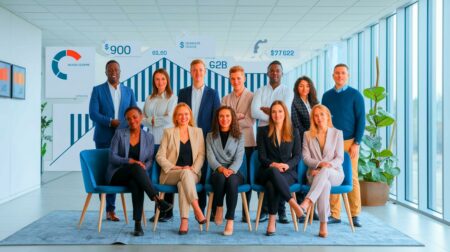 Frederik Van Lierde won the Ironman World Championship in Kona, Hawaii this past Sunday. The Belgian broke the 6-time winning streak held by Australians in the swim/bike/run grand-daddy (that’s 3.9km/180km/42.1km for each segment, respectively).
Frederik Van Lierde won the Ironman World Championship in Kona, Hawaii this past Sunday. The Belgian broke the 6-time winning streak held by Australians in the swim/bike/run grand-daddy (that’s 3.9km/180km/42.1km for each segment, respectively).
These pro triathletes are in my opinion the most elite athletes in the world. Merely having an opportunity to compete at Kona is an incredible honor (ok, it’s expected of the professionals, but the amateurs with desk jobs who get invited are even more impressive).
But I find that this year’s championship in the men’s category holds inspires some comparisons with great entrepreneurs I’ve met.
Of course, there are the obvious parallels: successful triathletes and successful entrepreneurs each possess an insane degree of drive, a competitive mentality. Type-A personalities that can be insufferable over-achievers.
Most notably, however, is the manner in which Van Lierde won: by not being best in any one segment yet still being best overall.
A triathlon has three segments: the swim, the bike, the run (actually five, when you include the two transition intervals). It is the sum total time across all segments that determines the final rankings.
Often, the overall winner clobbers the field in one of these segments. I’ll never forget witnessing retired champ Chrissie Wellington clock a full 22-minute lead over (then second-place finisher) Mirinda Carfrae in 2009. (Carfrae won the women’s field this year, smoking her nearest rivals on the run segment).
But sometimes, as was the case this year with Van Lierde, the overall winner does not dominate the field in any one particular discipline, but rather wins by performing consistently across all of them.
Consistency, well-roundedness, the ability to perform multiple tasks at a high level, these same patterns emerge when I think back on the traits of the best entrepreneurs I’ve worked with.
Most good tech entrepreneurs aren’t necessarily the brightest financial whizzes nor the rock-star developers, but they are capable of doing a lot of different things reasonably well. They have an appreciation for product design, they can probably code a little, they can think crisply about business models, and they can evangelize.
I admire and applaud these versatile creatures.
.
.
Did you like it? 4.6/5 (27)







